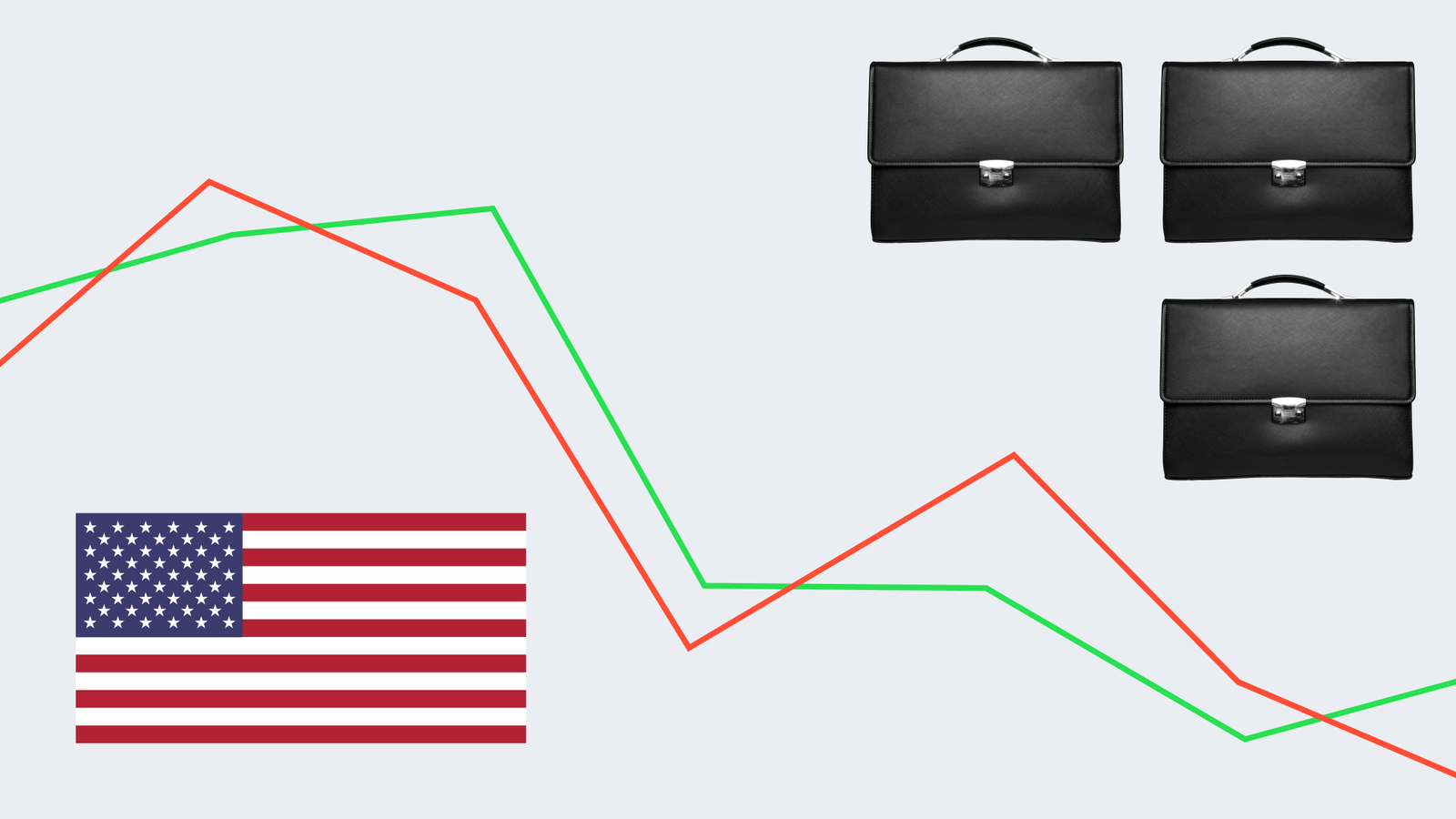WASHINGTON (AP) — U.S. inflation edged up in May, with the Consumer Price Index (CPI) inflation report showing a 2.4% annual increase — slightly higher than April’s 2.3%. The CPI data release from the Labor Department also revealed that core inflation, which excludes food and energy, remained steady at 2.8% for the third straight month.
Despite higher prices for groceries and some imports, inflationary pressure was offset by declining costs for gas, travel services, and rents. On a monthly basis, CPI data today showed a modest 0.1% increase from April to May, down from 0.2%. Core prices rose just 0.1%, suggesting inflation remains largely contained — for now.

Notable price increases came from groceries, toys, and appliances, with May CPI figures likely reflecting the impact of escalating tariffs under President Donald Trump. However, prices for cars, clothing, airfares, and hotels declined. Economists say the inflation data suggests companies are still absorbing many of the added import costs, though prices are expected to rise more broadly in the coming months.
Retailers like Walmart and manufacturers like J.M. Smucker have warned of price hikes due to tariffs. Smucker has already raised coffee prices and plans another increase in August, citing tariffs on green coffee from Brazil and Vietnam.
Economists, including Sarah House of Wells Fargo, note that while tariff effects are emerging, the overall CPI report today indicates subdued price pressures. Still, with core inflation above the Federal Reserve’s 2% target, a rate cut seems unlikely.
Tariff-related costs may take months to fully filter through supply chains. Businesses have delayed price hikes by stockpiling goods before tariffs took effect or pausing imports. Kim Vaccarella, CEO of Bogg Bag, says her company plans moderate price increases in July to absorb rising costs.
Consultants like Bryan Eshelman warn consumers may feel the full impact soon — especially on back-to-school items. With tariffs set to rise to 55% on Chinese goods and 10% on all other imports, the CPI data release today is just the beginning of what could become broader inflationary pressures.
The inflation report arrives as the Labor Department announces it is reducing the scope of its CPI data collection, raising concerns among economists about the reliability and volatility of future reports.



